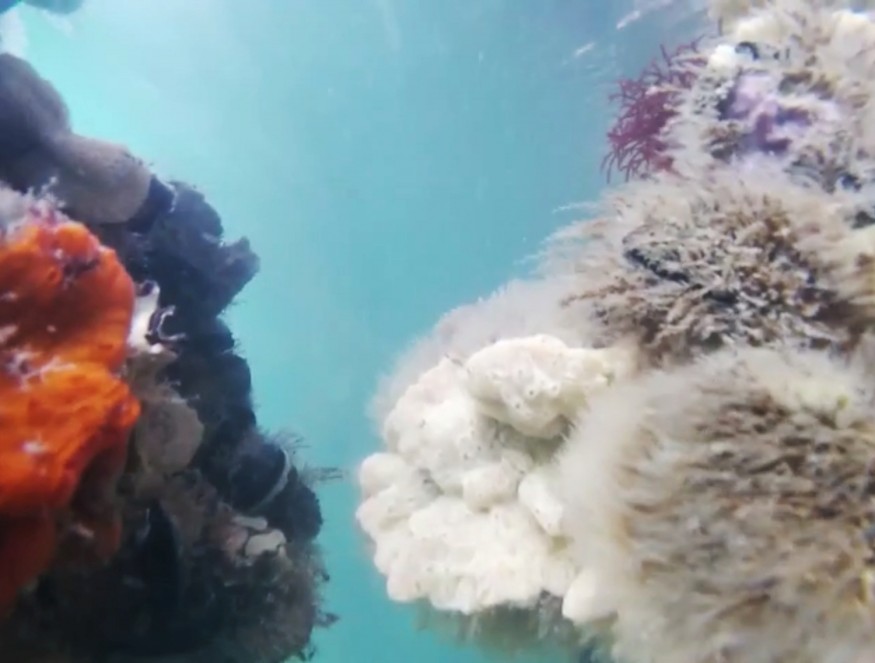
Many countries all over the world have been put quarantine or lockdown due to COVID-19 pandemic, and the move has shut down normal daily activities and affected billions. Since then, wildlife has started to take advantage of the nearly empty urban areas, roaming the empty streets. They are either looking for food, as rats do, or merely enjoying increased freedom, making for a fantastic and fascinating spectacle.
Among the earliest reports came from Venice, Italy, where the canal waters became more transparent after a short absence of human activity. Ducks and fish have reportedly become more visible with the absence of boats that used to traverse the canals. These may be because no more boats are stirring up the silt in the water, which then makes it clear.
In Llandudno, Wales, people have seen a wild Kashmiri goat herd composed of 122 individuals roaming the town. They usually live on a limestone headland called Great Orne, leaving it only in bad weather. The town residents think that the herd got curious about the lack of town activity and people, which prompted them to visit. Since then, they have decided to stay; goats have been photographed eating hedges and flowers and wandering around the town center.
In Barcelona, Spain, sightings of wild boars that roam the streets also occur. Wild boars sightings are not uncommon in cities in Europe, but not in large numbers boldly exploring the streets.
Animals that have been used to free food given by tourists now wander the city streets searching for new sources of food. In Nara Park, Japan, sika deer wander through the subway stations and streets looking for something to eat. Similarly, in Lopburi in Thailand, monkeys accustomed to being given meals by tourists now compete among one another over food scraps.
Chicago's Lincoln Park Zoo Urban Wildlife Institute Director Seth Magle said that people should not worry that animals like the monkeys and sika deer may go hungry. He goes to explain that the animals will be able to adapt to their new situation, as they have also adapted to people feeding them before.
Some animal facilities are doing something new. The Shedd Aquarium, also in Chicago, lets its penguins wander the grounds while there are no visitors due to the quarantine. The Forth Worth Zoo also did the same to its Patagonian mara.
The animals being seen are just near their wild homes. They just started to get bolder in entering urbanized areas. Magle told The Guardian that, generally, the animals are living in those parts of cities that are not used by humans. They are like ghosts on the fringes, unseen but ever-present.
Still, though it seems like animals have taken over our cities, it is not likely that they have taken over civilization in such a short period as the month-long lockdown. There will, however, be small changes, such as coyotes and foxes being more frequently visible than usual. These changes are excellent opportunities for observing wildlife that we have been unaccustomed to see for so long. It serves as a reminder for us that they are still part of nature, and have always been here, said Magle. They are part of our world.
© 2025 NatureWorldNews.com All rights reserved. Do not reproduce without permission.





